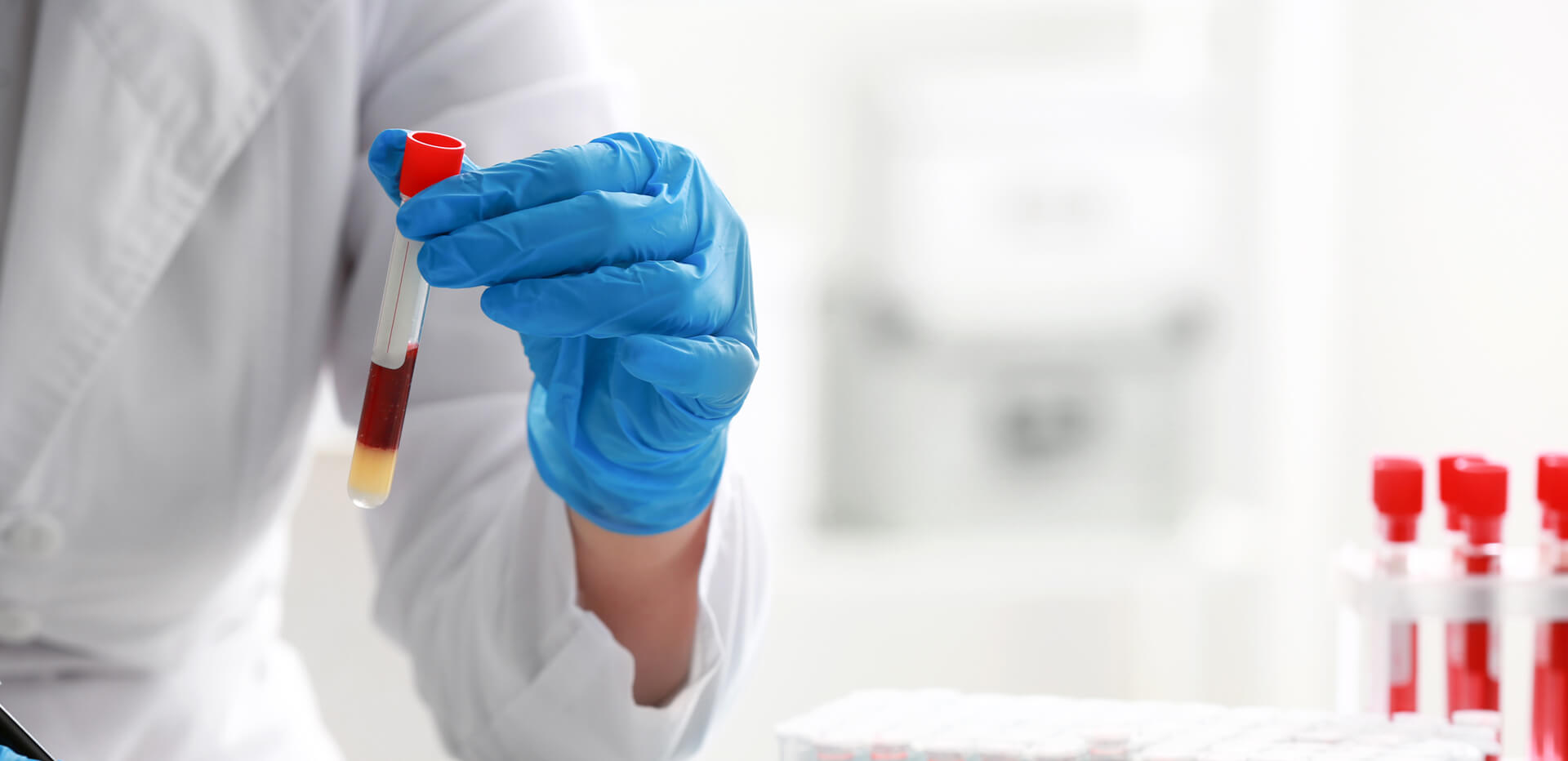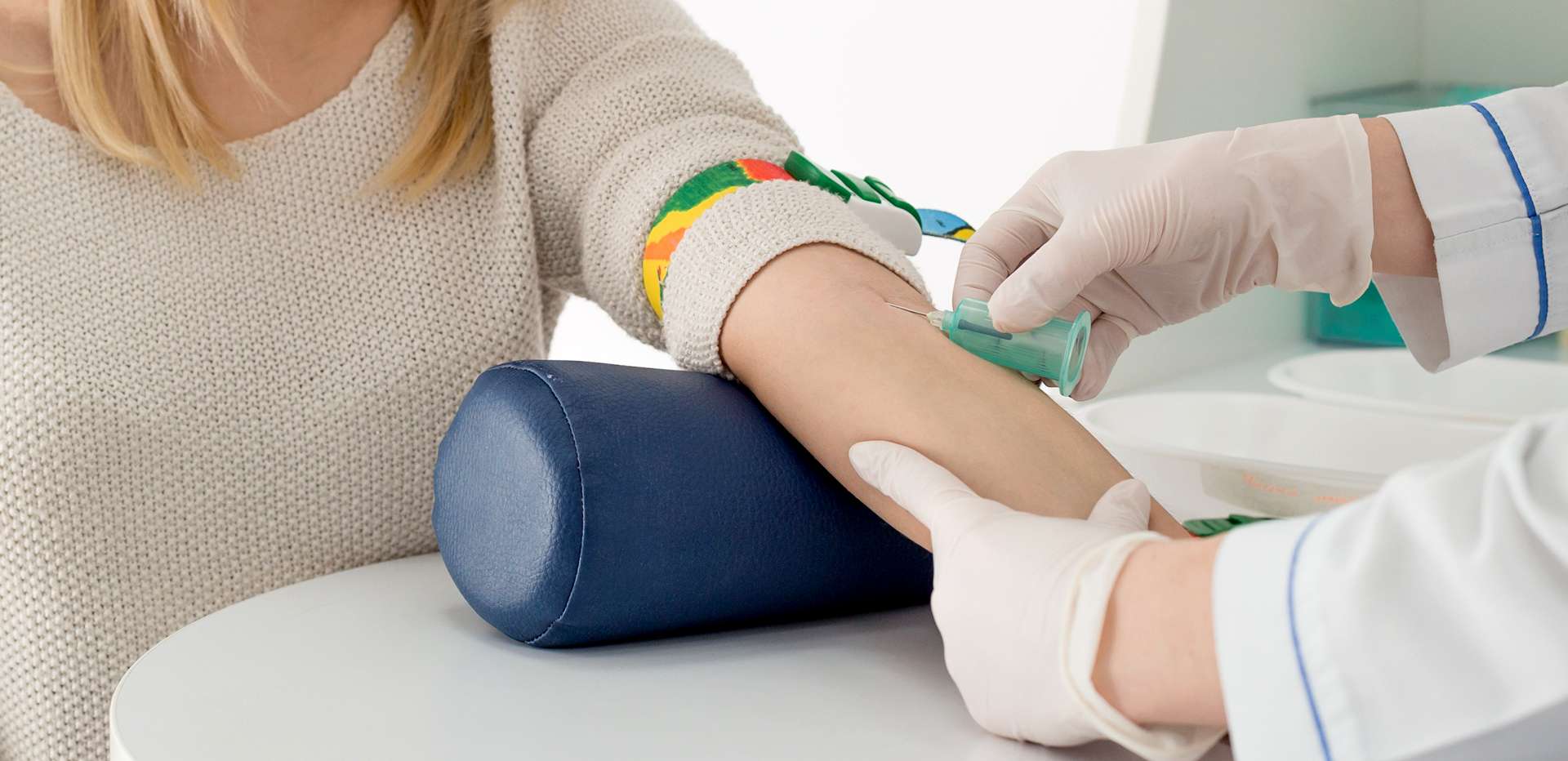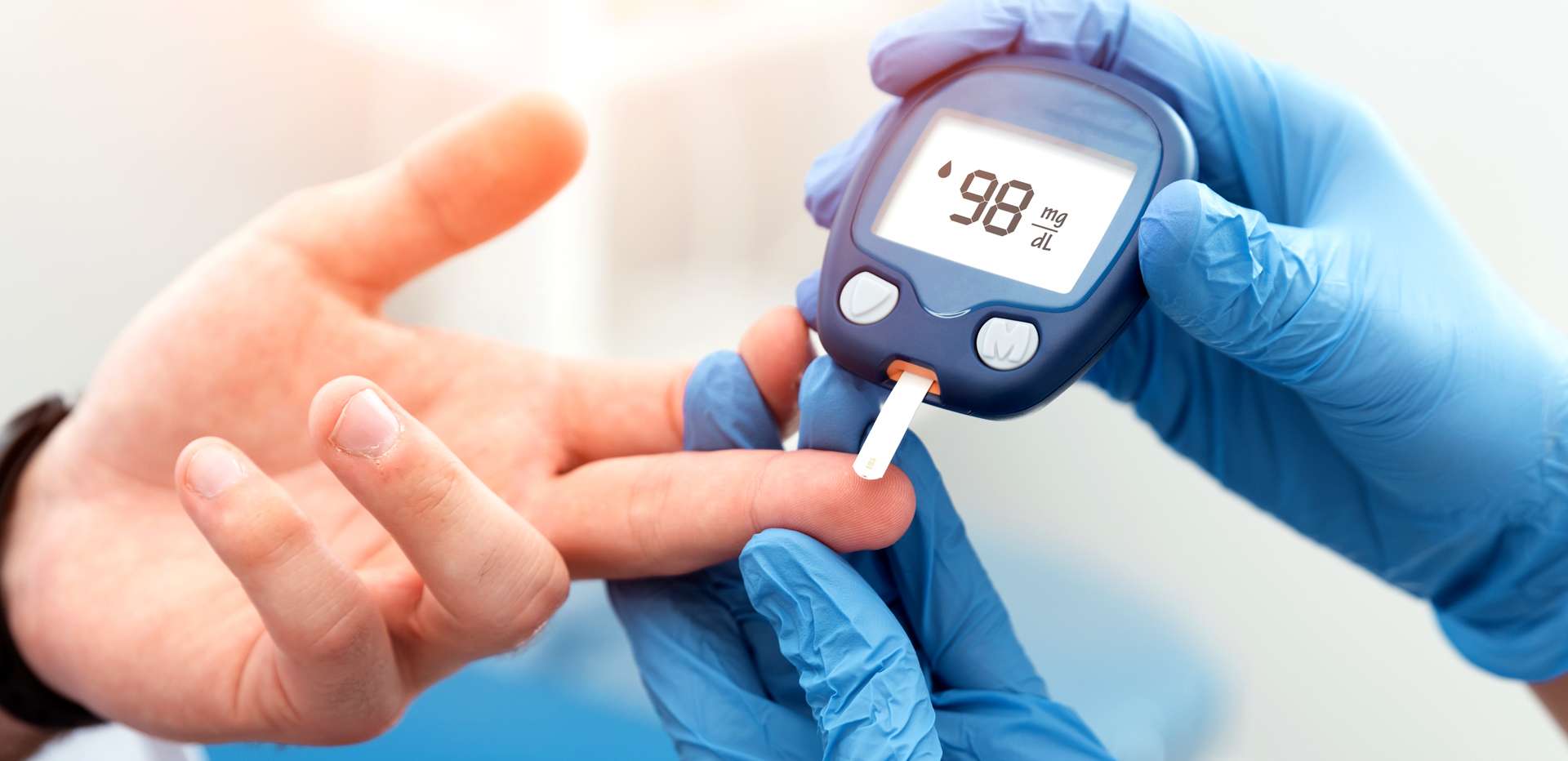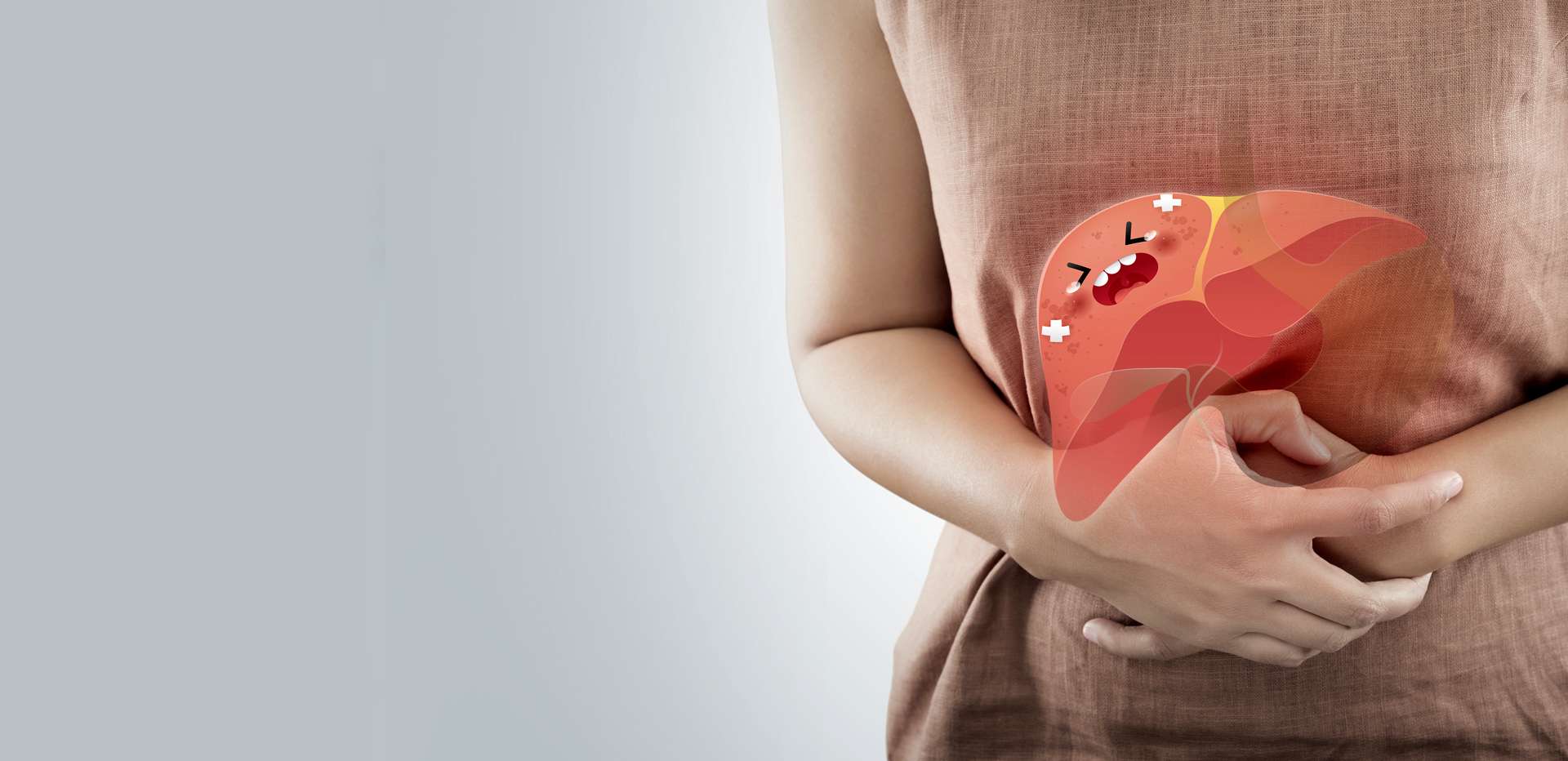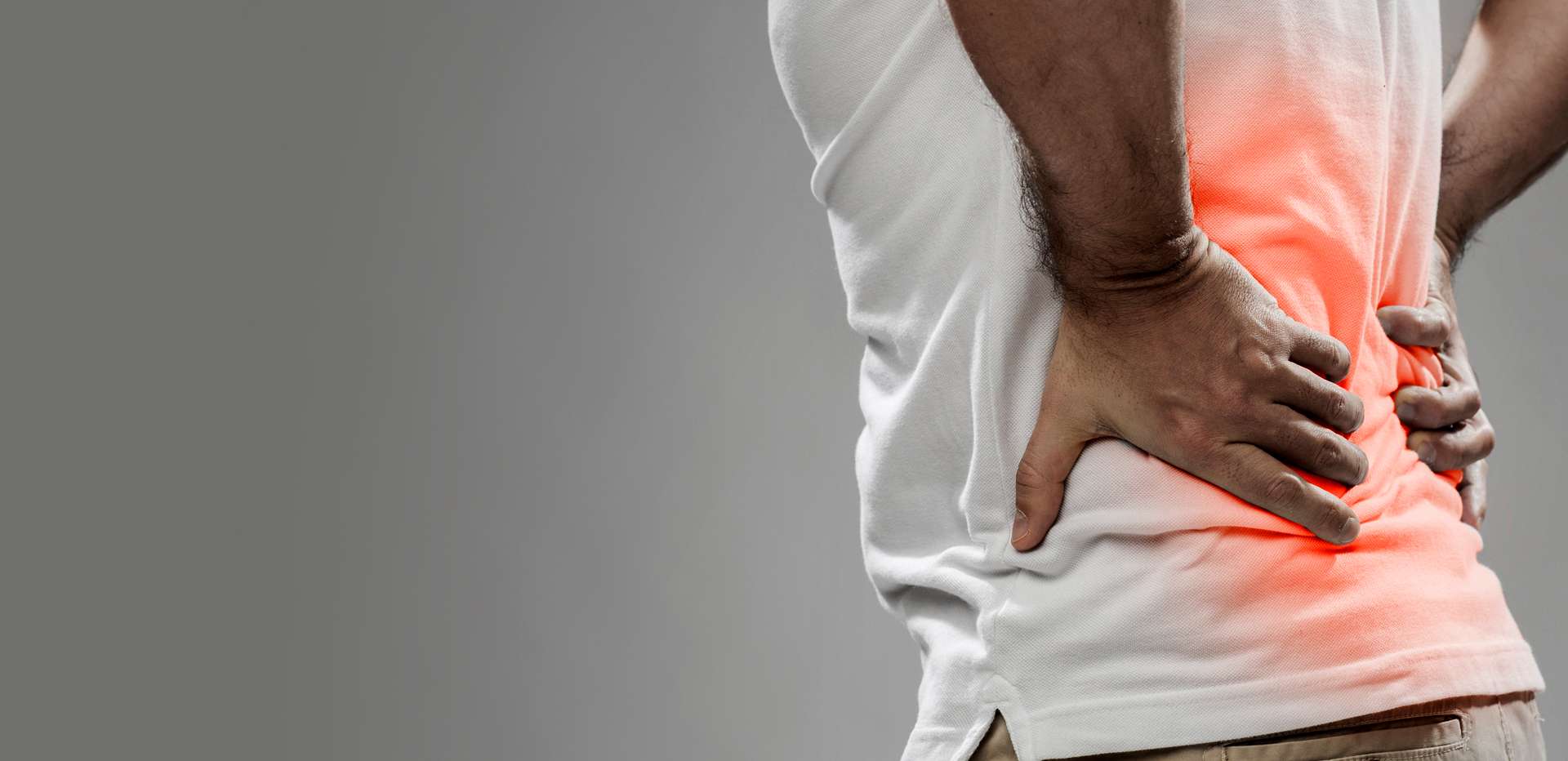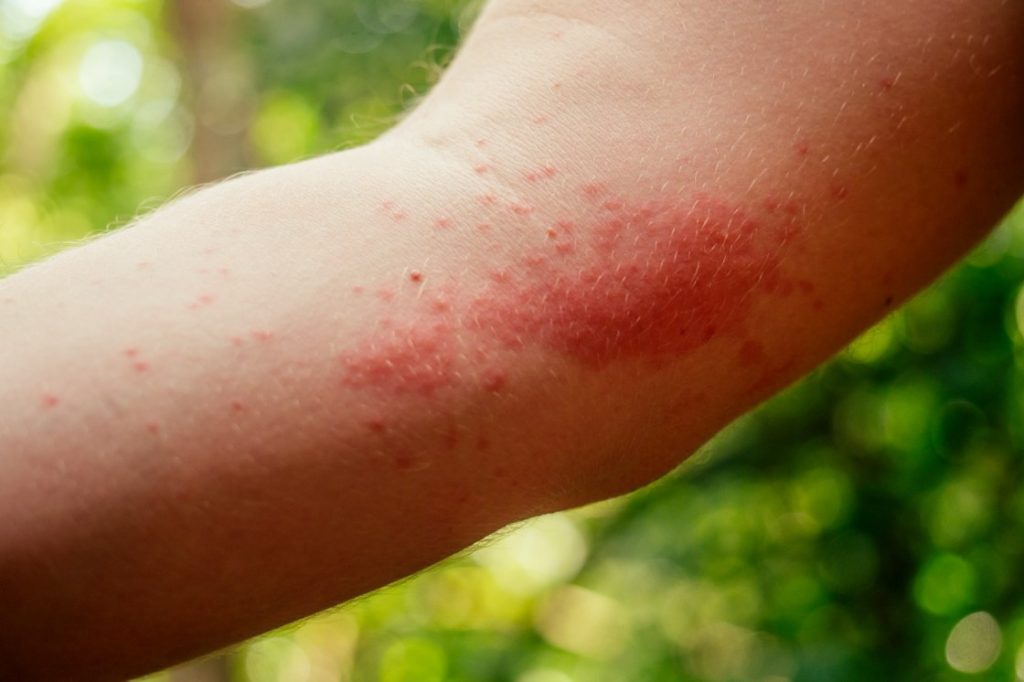Insect bites are common, especially during warmer months when outdoor activities are frequent. While most insect bites are harmless, some can lead to infections or allergic reactions. Understanding the types of insect bites, their symptoms and effective treatment methods can help ensure quick recovery and prevent complications.
Types of Insect Bites
Insect bites are an inevitable part of spending time outdoors. Different insects leave different marks and symptoms and understanding these can help in identifying the type of insect and applying the appropriate treatment. Here are some common types of insect bites:
- Mosquito Bites: These bites often result in red, itchy bumps. Mosquitoes can carry diseases such as malaria and West Nile virus.
- Flea Bites: Flea bites usually appear in clusters on the lower legs and feet. They are small, red and very itchy.
- Tick Bites: Ticks latch onto the skin and can transmit diseases like Lyme disease. The bite itself may not hurt, but it can cause a red spot or rash.
- Spider Bites: Most spider bites are harmless, causing minor pain and swelling. However, bites from spiders like the black widow or brown recluse can cause severe reactions.
- Ant Bites: Fire ants are notorious for their painful, burning bites which often turn into itchy pustules.
What are the Symptoms of Insect Bites?
Insect bites can cause a range of symptoms, depending on the type of insect and the individual’s reaction to the bite. Some of the most common symptoms of insect bites include:
- Redness and Swelling: Almost all insect bites result in some degree of redness and swelling around the bite area.
- Itching and Pain: Itching is a common symptom, often accompanied by mild to severe pain.
- Blisters or Pustules: Some bites, like those from fire ants, can develop into blisters or pustules.
- Rash: Certain bites, particularly from ticks, can cause rashes. The “bullseye” rash is a sign of Lyme disease from tick bites.
Sometimes, an insect bite can become infected, leading to more serious symptoms. Watch out for:
- Increased Redness and Swelling: If the area around the bite becomes more red and swollen over time, it may be infected.
- Pus or Discharge: The presence of pus or any discharge from the bite is a clear sign of infection.
- Warmth Around the Bite: An infected bite area often feels warm to the touch.
- Fever and Chills: Fever and chills can indicate a spreading infection and require immediate medical attention.
Expert Tips for Fast Healing of Insect Bites
Insect bites can be itchy, and painful and sometimes lead to infections or allergic reactions that can range from mild to severe. Here are some expert tips to ensure fast healing and minimise discomfort:
- Clean the Bite Area: Immediately wash the bite area with soap and water. This helps prevent infection.
- Apply Ice: Use an ice pack or a cold compress to reduce swelling and numb the area. Apply for 10 minutes, then remove for 10 minutes and repeat as necessary.
- Use Topical Treatments: Over-the-counter creams and ointments can alleviate itching and pain. Look for products containing hydrocortisone or calamine lotion.
- Take Oral Antihistamines: Antihistamines like Benadryl can reduce itching and allergic reactions. Follow the dosage instructions on the package.
- Avoid Scratching: Scratching can break the skin, increasing the risk of infection. Keep fingernails short and clean to minimise damage if scratching occurs.
- Keep the Area Covered: Cover the bite with a clean bandage to protect it from further irritation and prevent scratching.
- Elevate the Affected Limb: If the bite is on your arm or leg, elevate it to reduce swelling.
- Use Natural Remedies: Some natural remedies can provide relief. Aloe vera gel can soothe itching and reduce inflammation. Honey has natural antibacterial properties and can help prevent infection.
- Monitor for Signs of Infection: Keep an eye on the bite for signs of infection, such as increased redness, swelling or pus. Seek medical attention if you suspect an infection.
- Seek Medical Attention for Severe Reactions: If you experience symptoms of anaphylaxis, such as difficulty breathing or swelling of the face and throat, seek emergency help immediately from our pharmacists.
Can Insect Bites Be Prevented?
Preventing insect bites is important for avoiding discomfort and potential health risks associated with bites. Preventing insect bites is often easier than treating them. Here are some tips to reduce your risk:
- Use Insect Repellent: Apply insect repellent containing DEET or picaridin to exposed skin. Follow the instructions on the product label.
- Wear Protective Clothing: Long sleeves, pants and socks can help protect your skin from bites. Light-coloured clothing makes it easier to spot ticks.
- Avoid Peak Biting Times: Mosquitoes are most active during dawn and dusk. Try to avoid outdoor activities during these times.
- Use Bed Nets: If you’re in an area with a high risk of mosquito-borne diseases, sleep under a bed net for protection.
- Eliminate Standing Water: Mosquitoes breed in standing water. Regularly empty any containers that collect water around your home.
Hassle-Free Consultations at Touchwood Pharmacy!
Insect bites are a common annoyance that can lead to discomfort and, occasionally, more serious health issues. Knowing how to treat bites effectively can ensure fast healing and reduce the risk of complications.
Get expert advice without the hassle of visiting a GP. At Touchwood Pharmacy, we offer convenient consultations for your needs. Our professional pharmacists are available to provide personalised guidance on managing medications, minor illnesses and general health concerns. Contact us today to schedule your online consultation and experience hassle-free, professional support.




